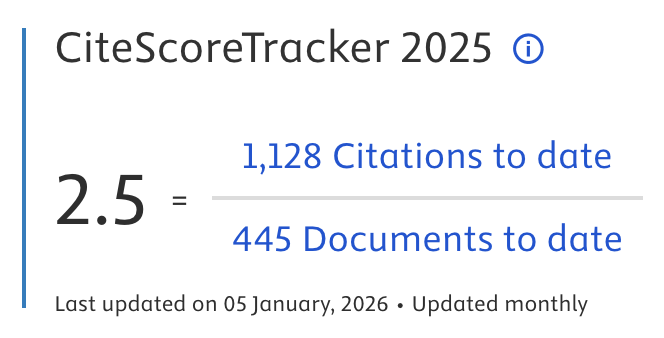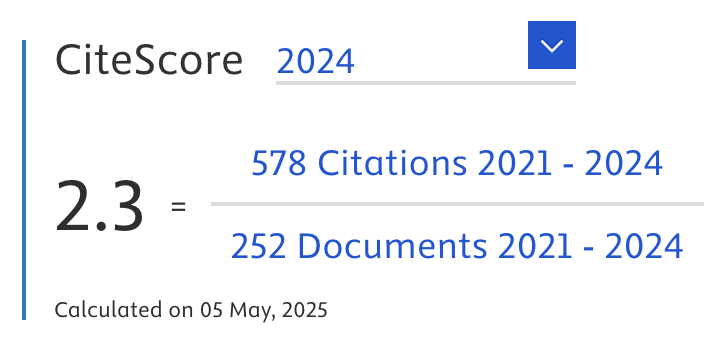The Success Factors of E-Philanthropy are Determined Based on Perceived Trust, Perceived Usefulness, Subjective Norms, Enjoyment and Religiosity: A Case Study on a Charity Site
Abstract
The rapid development of information technology and social media has significantly influenced people's behaviors and preferences in various activities, including philanthropy. Traditionally, philanthropic activities necessitated direct interpersonal interactions. However, the advent of ephilanthropy has enabled more practical and accessible ways to engage in charitable activities anytime and anywhere using electronic technology. This study examines the perceived role of e-philanthropy users in Indonesia and their intention to make actual donations through crowdfunding for humanitarian purposes. The research integrates the Technology Acceptance Model (TAM) and the IS success model, supplemented by additional variables like trust, usefulness, subjective norms, and religiosity. Data were collected from 231 respondents across Indonesia using online questionnaires and analyzed using the PLS-SEM method. The findings indicate significant relationships between perceived quality and trust (t-value = 7.156, path coefficient = 0.681), trust and perceived usefulness (t-value = 31.724, path coefficient = 0.886), and religiosity and intention to use (t-value = 3.206, path coefficient = 0.360). However, perceived enjoyment (t-value = 1.100, path coefficient = 0.140), subjective norms (t-value = 1.448, path coefficient = 0.162), and perceived trust (t-value = 1.023, path coefficient = 0.128) did not significantly influence the intention to use e-philanthropy platforms. These insights can inform strategies to enhance user participation and trust in e-philanthropy initiatives in Indonesia.
Article Metrics
Abstract: 609 Viewers PDF: 514 ViewersKeywords
Full Text:
PDFRefbacks
- There are currently no refbacks.

Journal of Applied Data Sciences
| ISSN | : | 2723-6471 (Online) |
| Collaborated with | : | Computer Science and Systems Information Technology, King Abdulaziz University, Kingdom of Saudi Arabia. |
| Publisher | : | Bright Publisher |
| Website | : | http://bright-journal.org/JADS |
| : | taqwa@amikompurwokerto.ac.id (principal contact) | |
| support@bright-journal.org (technical issues) |
 This work is licensed under a Creative Commons Attribution-ShareAlike 4.0
This work is licensed under a Creative Commons Attribution-ShareAlike 4.0





.png)